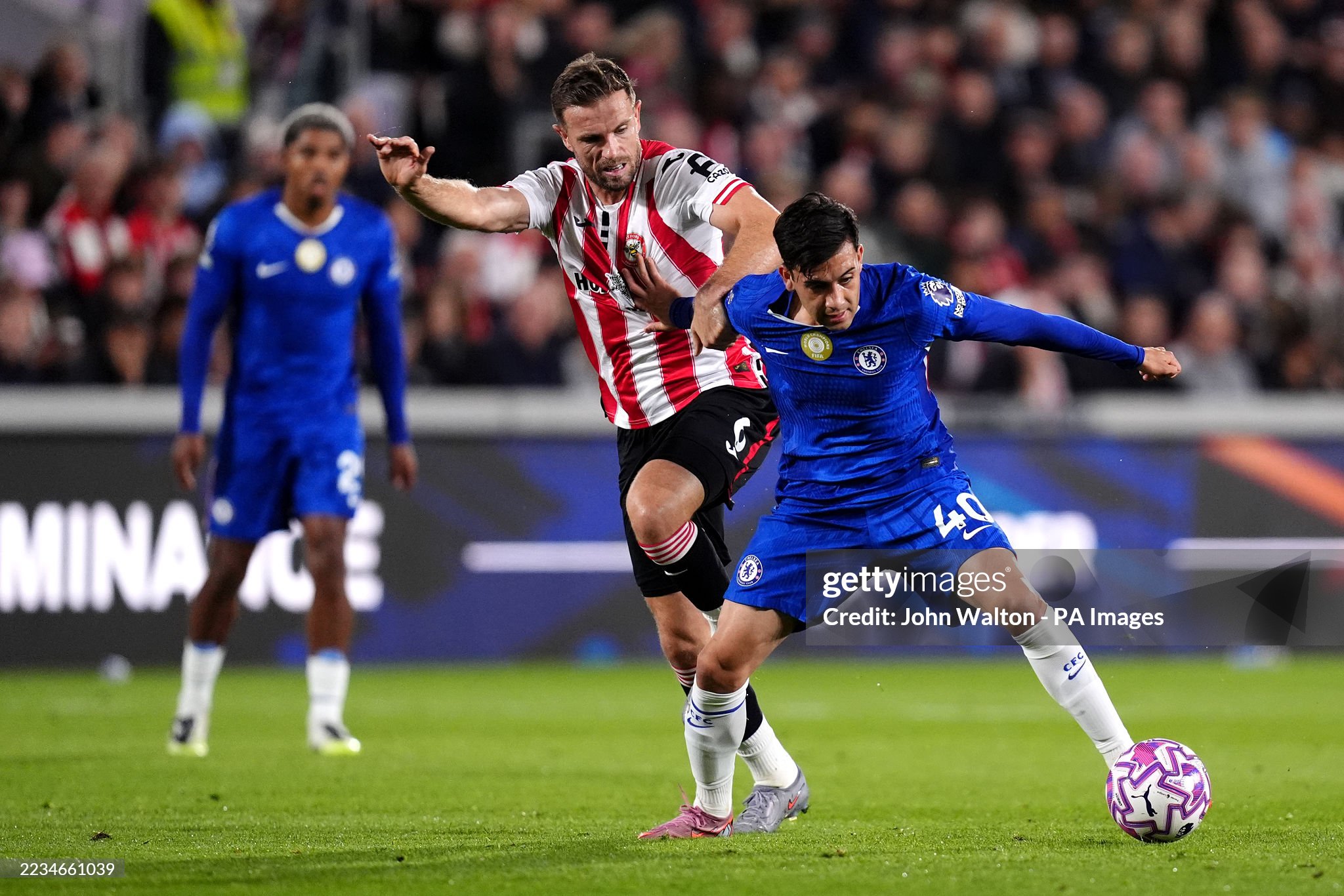José Mourinho is extremely proud to be the new coach of Benfica. The manager already has several top clubs on his résumé, but none of them has ever meant as much to him as Benfica, where, 25 years after a brief spell as coach, he is now finally getting a real chance.
On Thursday afternoon, Lisbon witnessed a scene that many Benfica fans had been dreaming about for years: José Mourinho, one of the most decorated and charismatic coaches of modern football, finally seated behind the microphones at Estádio da Luz, officially presented as the new manager of the Eagles.
It was more than just a press conference it was a moment filled with symbolism, history, and the promise of a new era for Portugal’s most successful club.
Before the assembled journalists had the chance to bombard him with questions, Mourinho took the floor with his trademark calm yet intense demeanor. “I feel a lot of emotions,” he began, setting the tone for what would be an unusually personal and reflective address. The emotions, however, were kept beneath the surface, tightly controlled by a man who has spent more than two decades at the highest level of football management. “Because of my experience, I can keep that under control,” he added. “But I want to thank you for the trust. This is a huge honor.”
Mourinho quickly turned the spotlight to the club itself. “Every Portuguese person knows the history of this club, the culture, and the magnitude of Benfica,” he said, acknowledging the immense responsibility of leading an institution that transcends football in Portugal. “But I also want to make one thing clear: I must leave all those emotions at the door and approach Benfica, and therefore my work and responsibility, in a very simplistic way. I am the coach of one of the biggest clubs in the world, and I want to focus on this mission.”
For Mourinho, this appointment is more than just another chapter in a glittering career that has taken him to Porto, Chelsea, Inter Milan, Real Madrid, Manchester United, and Roma. It is, in many ways, a homecoming. “In 25 years I have had the chance to work at the biggest clubs in the world. And finally, I want to say that none of those giant clubs I have coached ever made me feel as proud, responsible, or motivated as Benfica does. Words can sometimes be blown away by the wind, but actions cannot. The promise is clear: I am going to live for Benfica, for my mission.”
That declaration resonated deeply with the fans, many of whom still remember Mourinho’s brief stint at Benfica in 2000, when he had just started to make his mark as a head coach. Back then, his time at the club was cut short due to internal politics, but now, nearly a quarter of a century later, he returns as one of the most recognized figures in world football. The symbolism could not be greater: the “Special One” is back in Lisbon, determined to finish the story he started so many years ago.
Mourinho’s first press conference as Benfica coach was also a reminder of his evolving character. Known in the past for his fiery temperament, sharp words, and confrontational style, the Portuguese tactician presented himself as calmer and more introspective. “People want to divide my résumé into two parts: a good period and a bad period. But in that so-called bad period, I reached two European finals in five years,” he reminded the press, a subtle defense of his track record. Indeed, while some critics have suggested that his career has been in decline since leaving Real Madrid, Mourinho’s recent achievements winning the Europa Conference League with Roma in 2022 and reaching the Europa League final in 2023 prove that he remains a manager capable of delivering on the European stage.
Yet, this time, Mourinho insists it is not about him. “I am not important. I have changed during my career. I am a bit more altruistic now, not so focused on myself. Benfica is what matters now. And the fans of Benfica.” That shift in perspective could be crucial for his success in a club where expectations are sky-high and patience is always in short supply.
Benfica, under his leadership, will be expected to reclaim domestic dominance and compete fiercely in European competitions. The club has enjoyed success in recent years under Roger Schmidt, but inconsistencies and painful exits in Europe have left fans craving a leader who can combine tactical expertise with the mentality of a winner. Mourinho’s arrival seems to provide exactly that a coach who thrives under pressure, understands what it takes to win at the highest level, and is willing to pour his soul into the job.
The press conference ended with a practical note. With Benfica scheduled to play a competitive match in just 48 hours, Mourinho politely asked the journalists to keep their questions short, underlining his immediate focus on preparation. His mission begins not in words but in action on the pitch, where he knows he will ultimately be judged.
For Portuguese football, Mourinho’s return is also a landmark moment. Never before has one of the “big three” been led by a coach with such international pedigree, and his presence promises to draw global attention to the Primeira Liga. For Benfica fans, however, it is something more intimate: a chance to see one of their own, a Portuguese icon, dedicate himself fully to the club’s cause.
“I am going to live for Benfica,” Mourinho said with conviction. For a coach who has conquered Europe and inspired countless players and supporters around the world, that promise feels like the beginning of a story that could define the final act of his extraordinary career.







